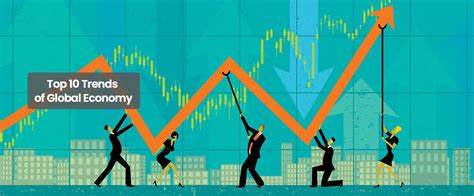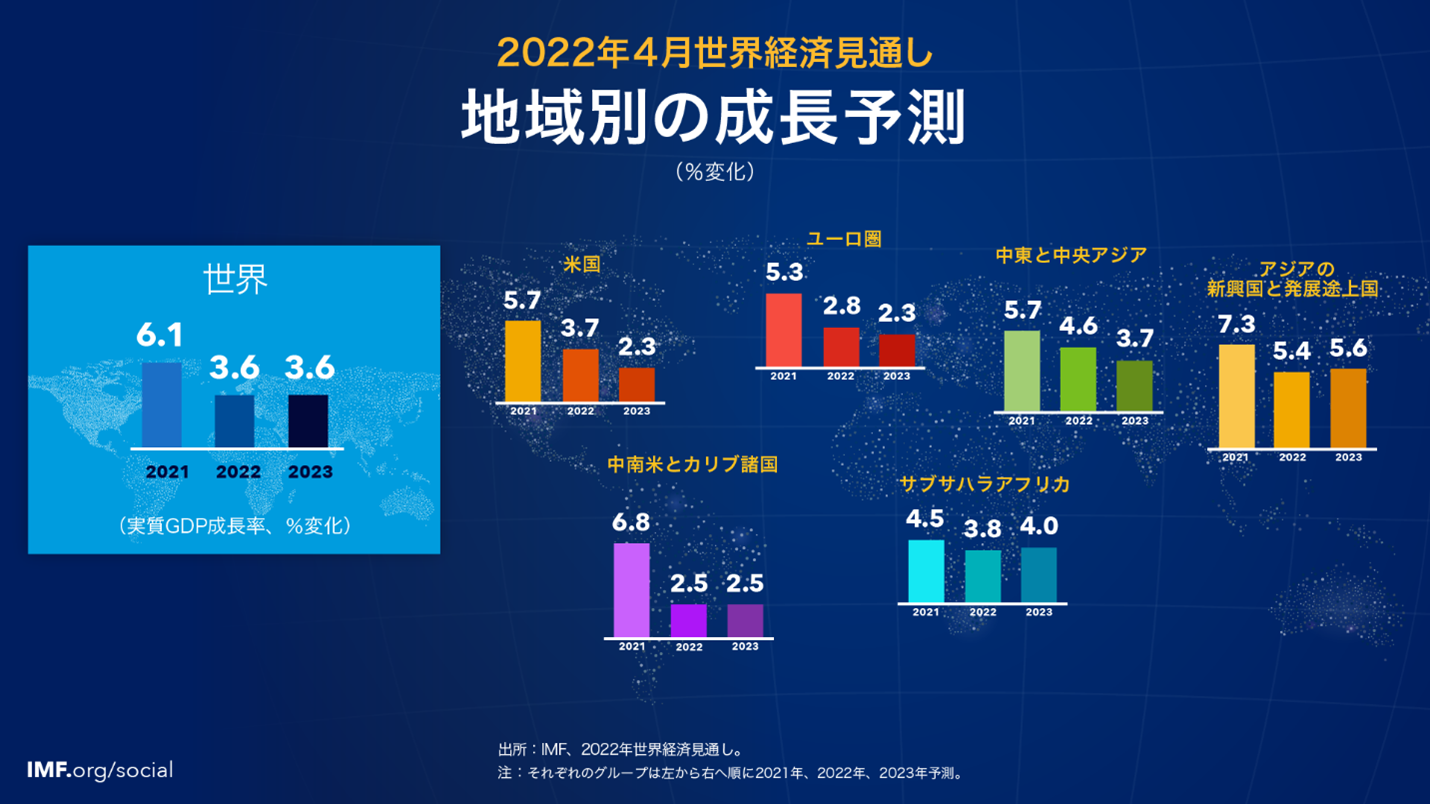As we progress through July 2024, the global economic landscape is undergoing significant shifts driven by recent events. These changes are not only reshaping market dynamics but also influencing investment strategies and economic policies worldwide. In this article, we will explore the key factors impacting world markets this month, including geopolitical tensions, central bank decisions, and technological advancements.
1. Geopolitical Tensions and Their Economic Impact
In July 2024, geopolitical tensions remain a critical concern for global markets. Ongoing conflicts and diplomatic disputes have led to increased uncertainty and volatility. Notably, the tensions between major economic powers over trade policies and resource allocations are affecting market stability.
Key Points:
- Trade Disputes: The ongoing trade disputes between the U.S. and several key trading partners have led to fluctuating commodity prices. Tariffs and sanctions are influencing supply chains and production costs, thereby impacting global trade volumes.
- Regional Conflicts: Regional conflicts, especially in resource-rich areas, are creating instability in commodity markets. For instance, disruptions in oil production due to geopolitical strife are contributing to fluctuations in energy prices.
These geopolitical issues are causing market participants to adopt more cautious investment strategies, leading to increased demand for safe-haven assets such as gold and government bonds.
2. Central Bank Policies and Market Reactions
Central banks around the world are actively shaping economic conditions through their monetary policies. In July 2024, key central banks, including the Federal Reserve, the European Central Bank (ECB), and the Bank of Japan, have made notable policy adjustments.
Key Points:
- Interest Rates: The Federal Reserve has recently implemented a series of interest rate hikes to combat inflationary pressures. Higher interest rates are impacting borrowing costs and consumer spending, which in turn affects economic growth.
- Quantitative Easing: The ECB continues its quantitative easing program to stimulate economic activity in the Eurozone. This policy is designed to support economic recovery but also influences currency exchange rates and bond yields.
Market reactions to these policy changes are evident in the fluctuations of stock indices and currency markets. Investors are closely monitoring central bank communications for signals about future policy directions.
3. Technological Advancements and Market Disruption
Technological innovations are playing a transformative role in shaping world markets. In July 2024, several emerging technologies are driving changes across various sectors.
Key Points:
- Artificial Intelligence (AI): Advances in AI are revolutionizing industries such as finance, healthcare, and manufacturing. AI-driven solutions are enhancing operational efficiencies and creating new business opportunities, leading to shifts in investment patterns.
- Green Technologies: The growing emphasis on sustainability and environmental responsibility is driving investments in green technologies. Innovations in renewable energy and electric vehicles are influencing market trends and policy decisions.
These technological advancements are creating both opportunities and challenges for investors. Companies that effectively leverage these technologies are gaining a competitive edge, while others are struggling to adapt.
4. Market Trends and Investment Strategies
Given the current economic environment, investors are adjusting their strategies to navigate the evolving landscape. In July 2024, several key market trends are emerging:
Key Points:
- Diversification: Investors are increasingly focusing on diversification to manage risks associated with geopolitical tensions and policy changes. Diversified portfolios are designed to mitigate the impact of market volatility and enhance returns.
- Sustainable Investing: There is a growing trend towards sustainable investing, with investors seeking opportunities in companies and projects that prioritize environmental, social, and governance (ESG) criteria. This shift reflects broader societal concerns about sustainability and ethical practices.
As market dynamics continue to evolve, investors are adopting strategies that align with their risk tolerance and long-term objectives. Staying informed about economic developments and adjusting investment approaches accordingly is crucial for navigating the current market environment.
Conclusion
In summary, July 2024 is a pivotal month for global markets, influenced by geopolitical tensions, central bank policies, and technological advancements. Understanding these factors is essential for making informed investment decisions and navigating the evolving economic landscape. As we move forward, market participants should remain vigilant and adaptable to the ongoing changes shaping world markets.


